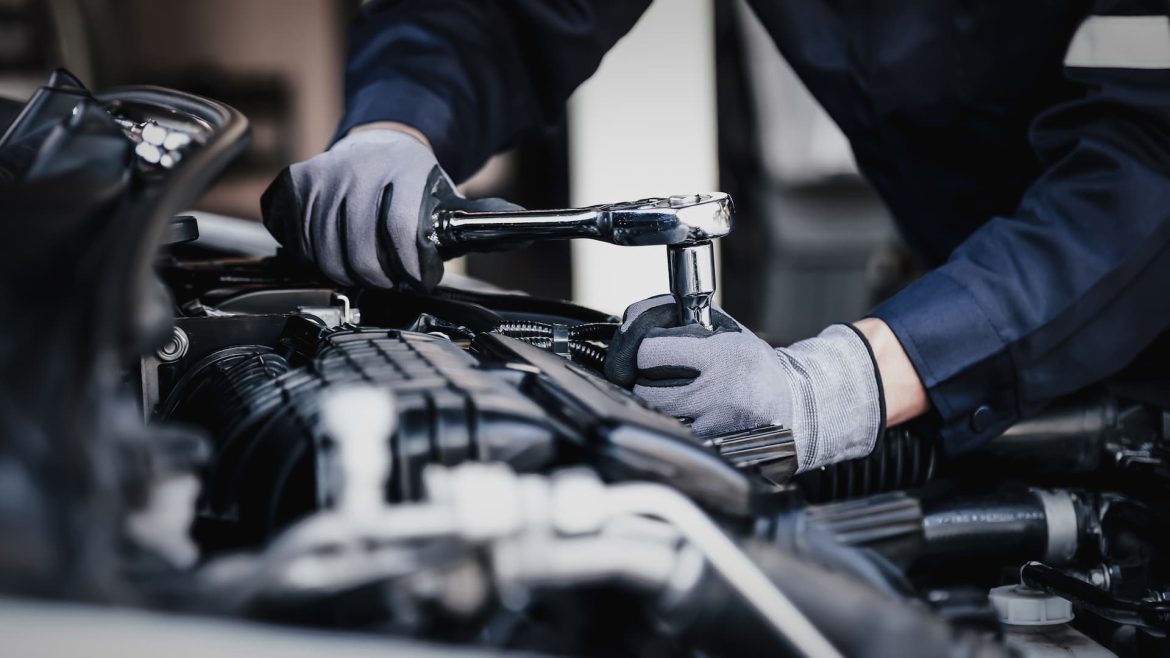Reducing car maintenance expenses can help you save money in the long run. Here are some tips to help your car stay in good condition while minimizing maintenance costs.
- Follow the manufacturer’s maintenance schedule: Regularly servicing your vehicle according to the manufacturer’s recommended schedule can prevent major issues and identify minor problems before they become expensive repairs.
- Perform basic maintenance tasks yourself: You can save by learning how to do some basic maintenance tasks yourself. These may include changing the oil, replacing air filters, or checking the tire pressure. Consult your car’s manual or online resources for guidance.
- Keep your tires properly inflated: Maintaining the correct tire pressure not only improves safety and fuel efficiency but also extends the life of your tires. Check the pressure regularly and inflate them as needed.
- Drive cautiously and avoid aggressive driving: Aggressive driving, such as rapid acceleration and hard braking, puts additional strain on your car’s components and can lead to increased wear and tear. Drive smoothly and follow speed limits to reduce stress on your vehicle.
- Use high-quality fluids and filters: When performing maintenance tasks, use high-quality fluids and filters recommended by the manufacturer. While they may be slightly more expensive upfront, they can provide better performance and protection for your car’s engine.
- Keep your car clean and protect the paint: Regularly washing and waxing your car can prevent rust and corrosion, which can lead to expensive repairs down the line. Additionally, park your car in a covered or shaded area to protect it from direct rain and sunshine.
- Be proactive with small issues: Addressing minor issues promptly can prevent them from escalating into major problems that require costly repairs. Pay attention to warning lights, strange noises, or any changes in your car’s performance and have them inspected by a qualified mechanic.
- Compare prices and shop around: When you need to take your car to a professional mechanic, compare prices and shop around for the best deal. Get multiple quotes and consider independent mechanics who may offer more competitive prices compared to dealerships.
- Research before buying replacement parts: Do some research to find the best balance between price and quality. Consider OEM (Original Equipment Manufacturer) parts, aftermarket parts, or even used parts, depending on your specific needs and budget.
- Drive your car regularly: Letting your car sit unused for extended periods can lead to issues such as a dead battery or deteriorating fluids. If you have multiple vehicles, make an effort to rotate their usage regularly.
Remember that regular maintenance is crucial for the longevity and reliability of your car. While you can reduce expenses, certain costs are unavoidable. It’s essential to find a balance between cutting costs and ensuring your vehicle’s safety and performance.

